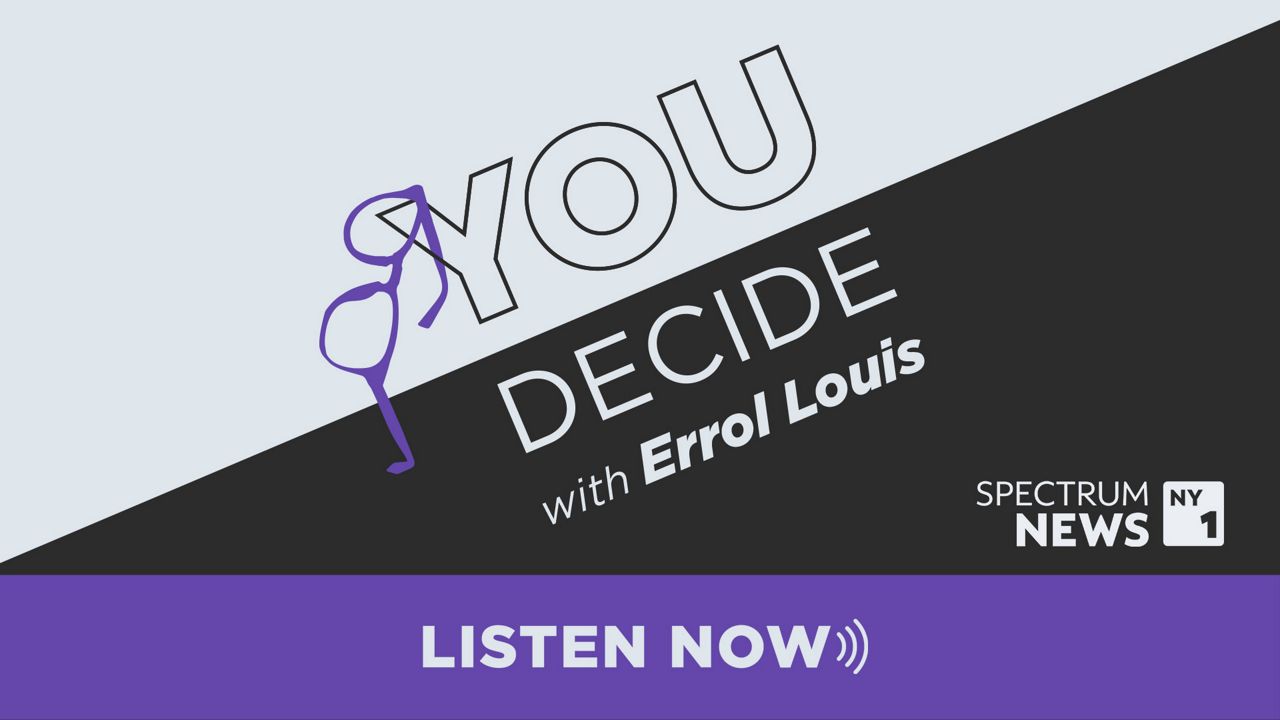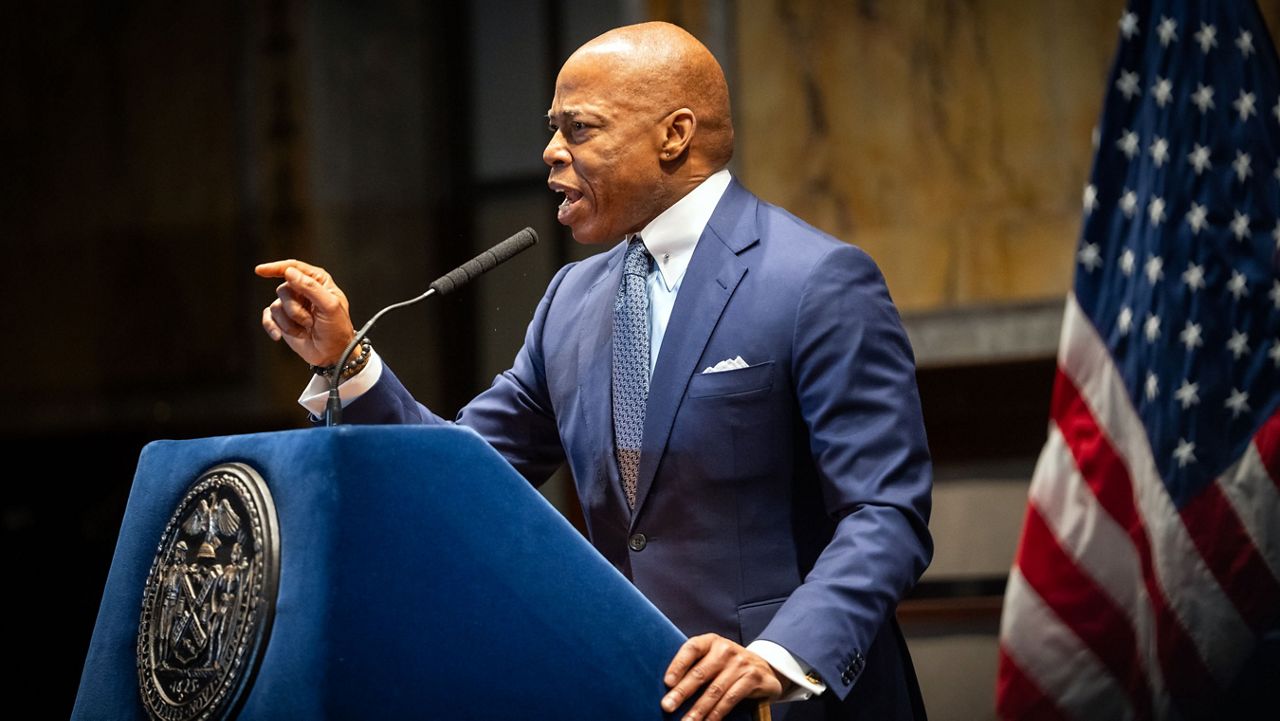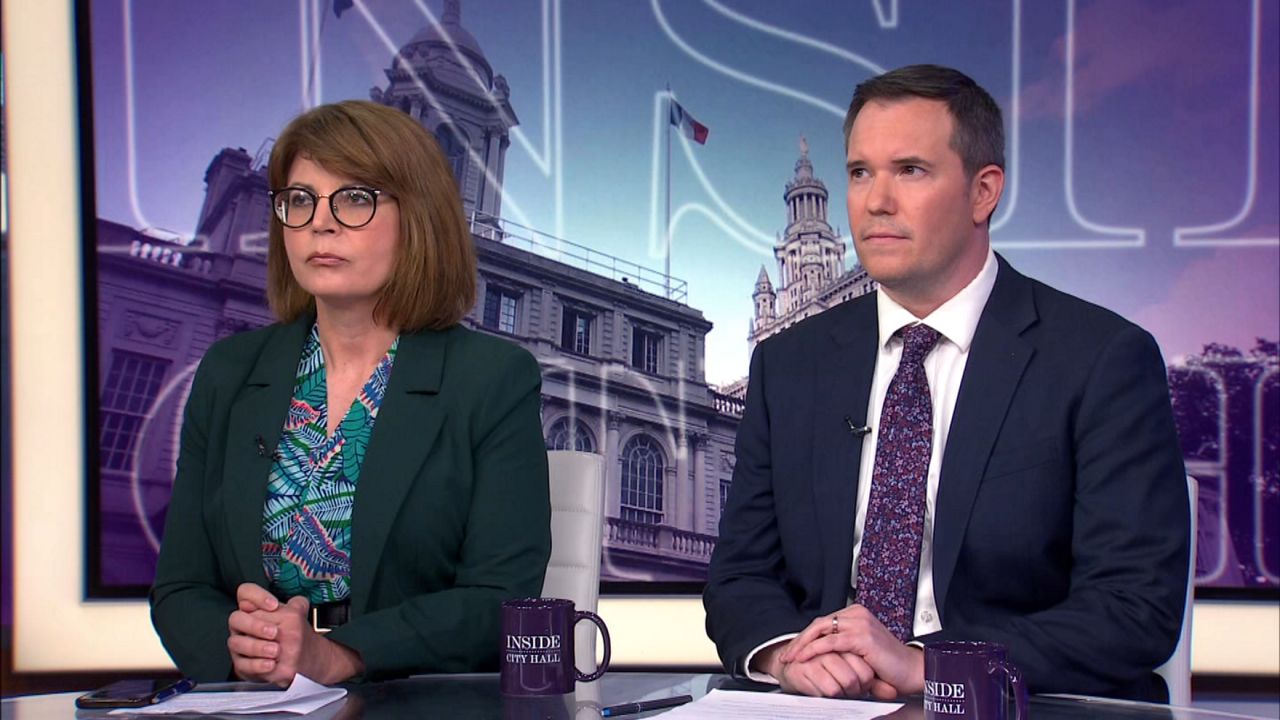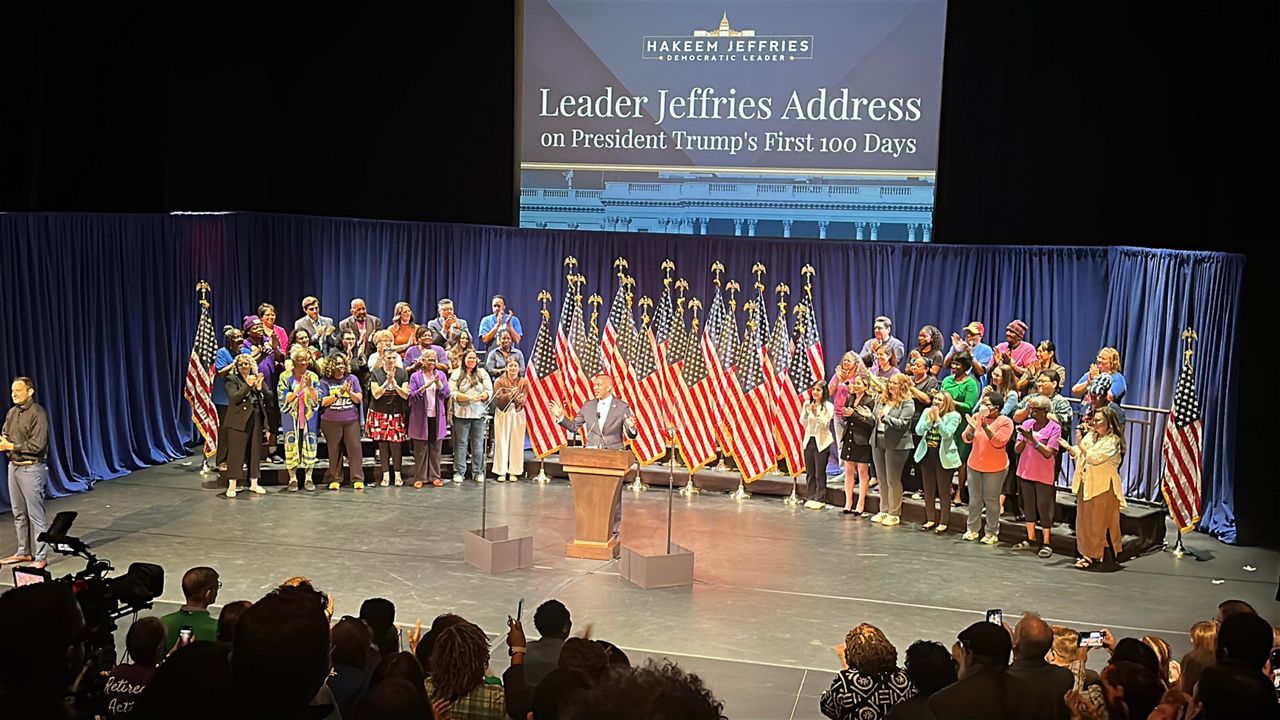New York City could expect billions of dollars in new transit funding that could help finance projects like the Second Ave. Subway and the purchase of new electric buses as part of a trillion dollar bipartisan infrastructure plan passed Tuesday by the U.S. Senate with a 69-30 vote.
The bill, which still requires approval by the U.S. House, is the product of months of negotiations in Washington and includes $550 billion in new spending, with money for roads, bridges, mass transit, and more.
“We want to be a city that can compete and grow in the 21st century. And this money will do it,” Sen. Charles Schumer said of the bill.
The MTA says the legislation could mean about $3.5 billion in additional federal funding over the next five years, putting its $51 billion capital plan on firmer footing.
That could be good news for the projects in that plan, including extending the Second Ave. subway into East Harlem, creating four train stations in The Bronx to bring Metro-North Services to Penn Station, and installing elevators in dozens of additional subway stations to make them accessible to the disabled.
Additional funding could also be available for purchasing eco-friendly buses.
The infrastructure bill also includes tens of billions of dollars for Amtrak’s Northeast Corridor — some of which could fund work related to the building of new railroad tunnels under the Hudson River, such as constructing tracks to access the tunnels.
"The infrastructure package is good for the Gateway Program and good for the nation,” said Stephen Sigmund, spokesperson for the Gateway Development Commission.
Of course, the bill is not a done deal. It still needs to get through the House, where progressive Democrats like New York’s own Alexandria Ocasio-Cortez are threatening to derail things, demanding Congress also act on a much larger, so-called soft-infrastructure bill.
Democrats are looking to pass that separate, multi-trillion dollar plan focused on education, childcare, climate, and more through a process called reconciliation, where they do not need Republican votes.
However, that will be a balancing act in the 50-50 Senate and the closely divided House.
“If there is not a reconciliation bill in the House, and if the Senate does not pass the reconciliation bill, we will uphold our end of the bargain and not pass the bipartisan bill until we get all of these investments in,” said Rep. Ocasio-Cortez during an appearance on CNN at the beginning of the month.
Democrats are slated to officially draft that second bill in coming weeks.









